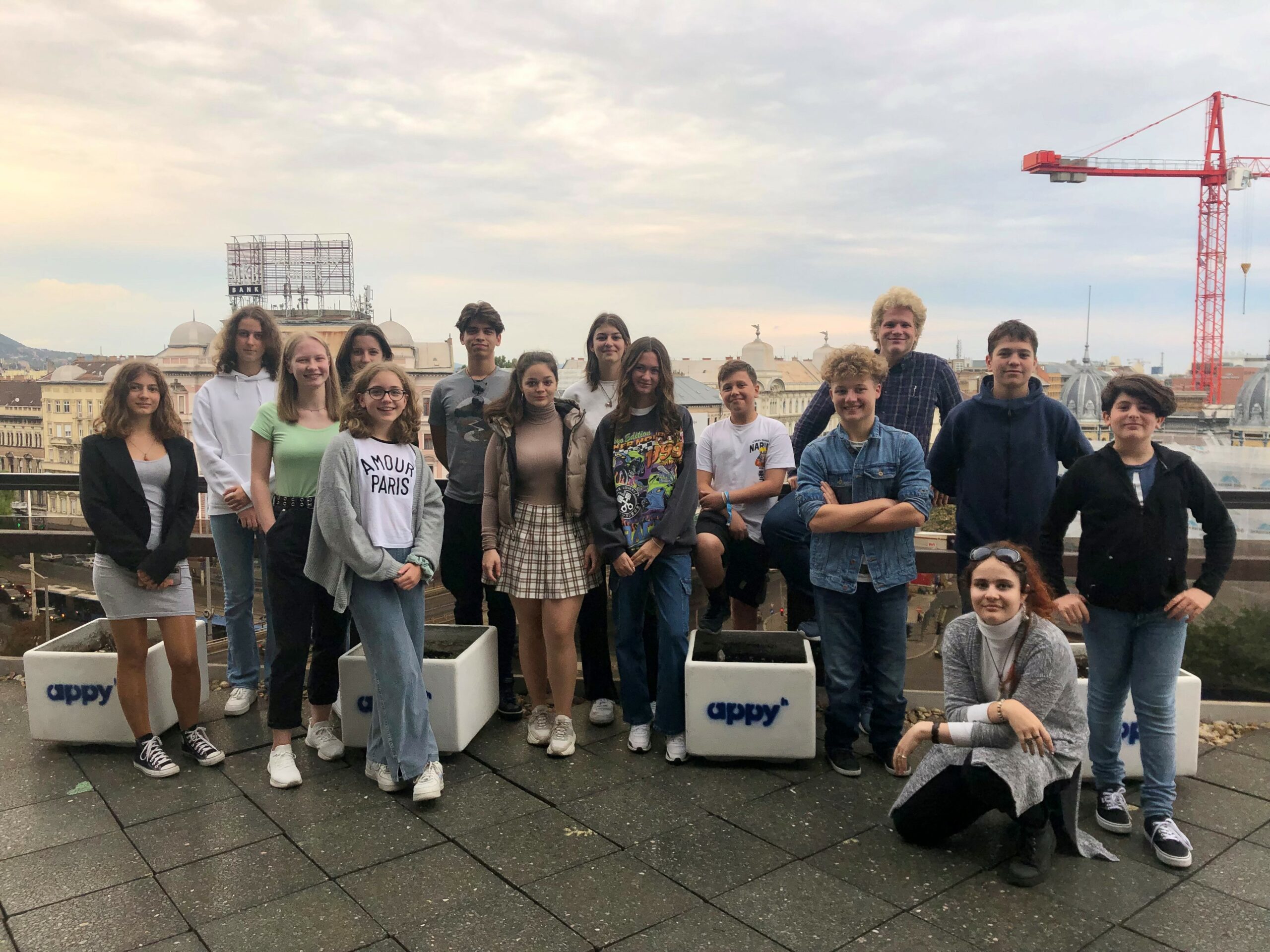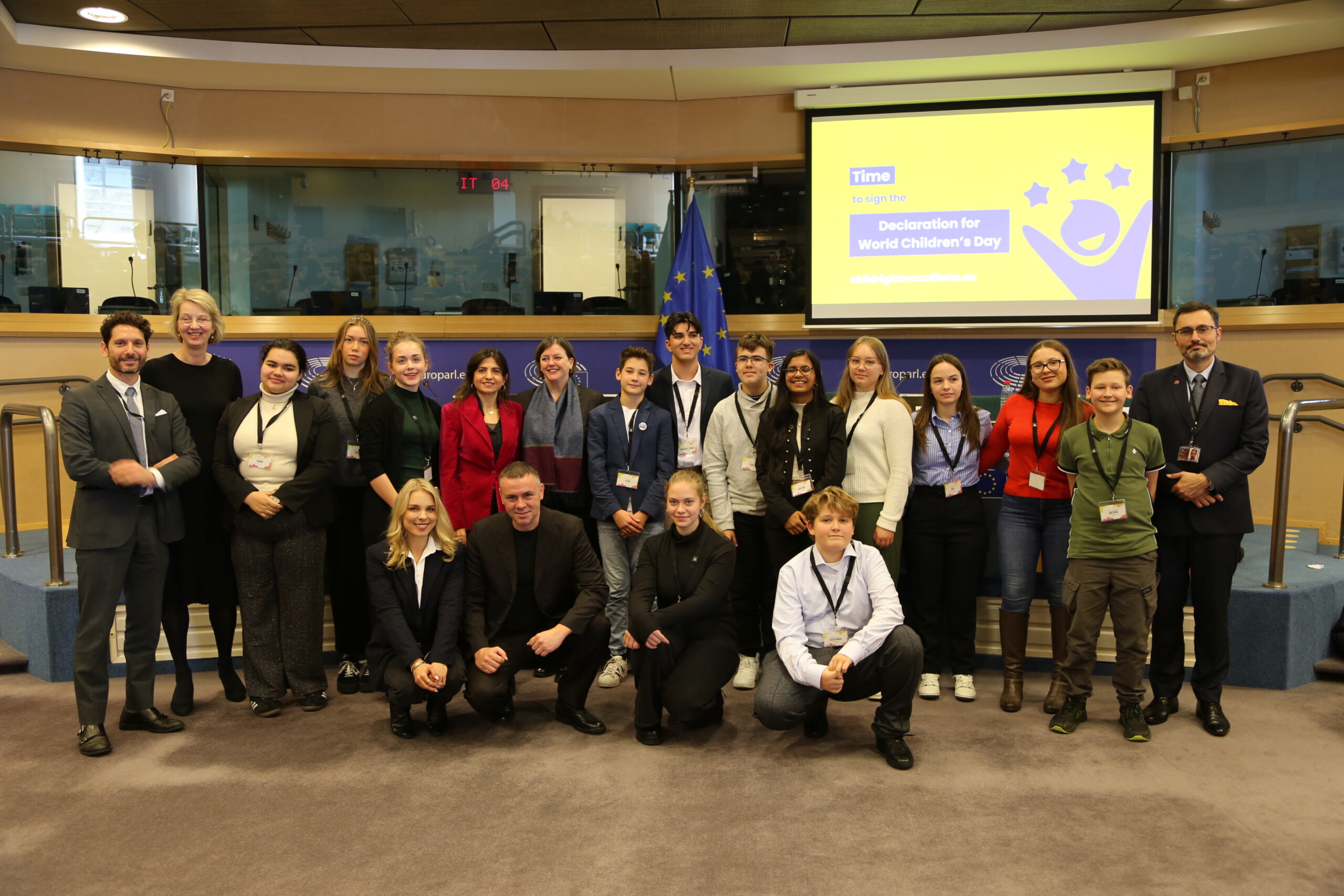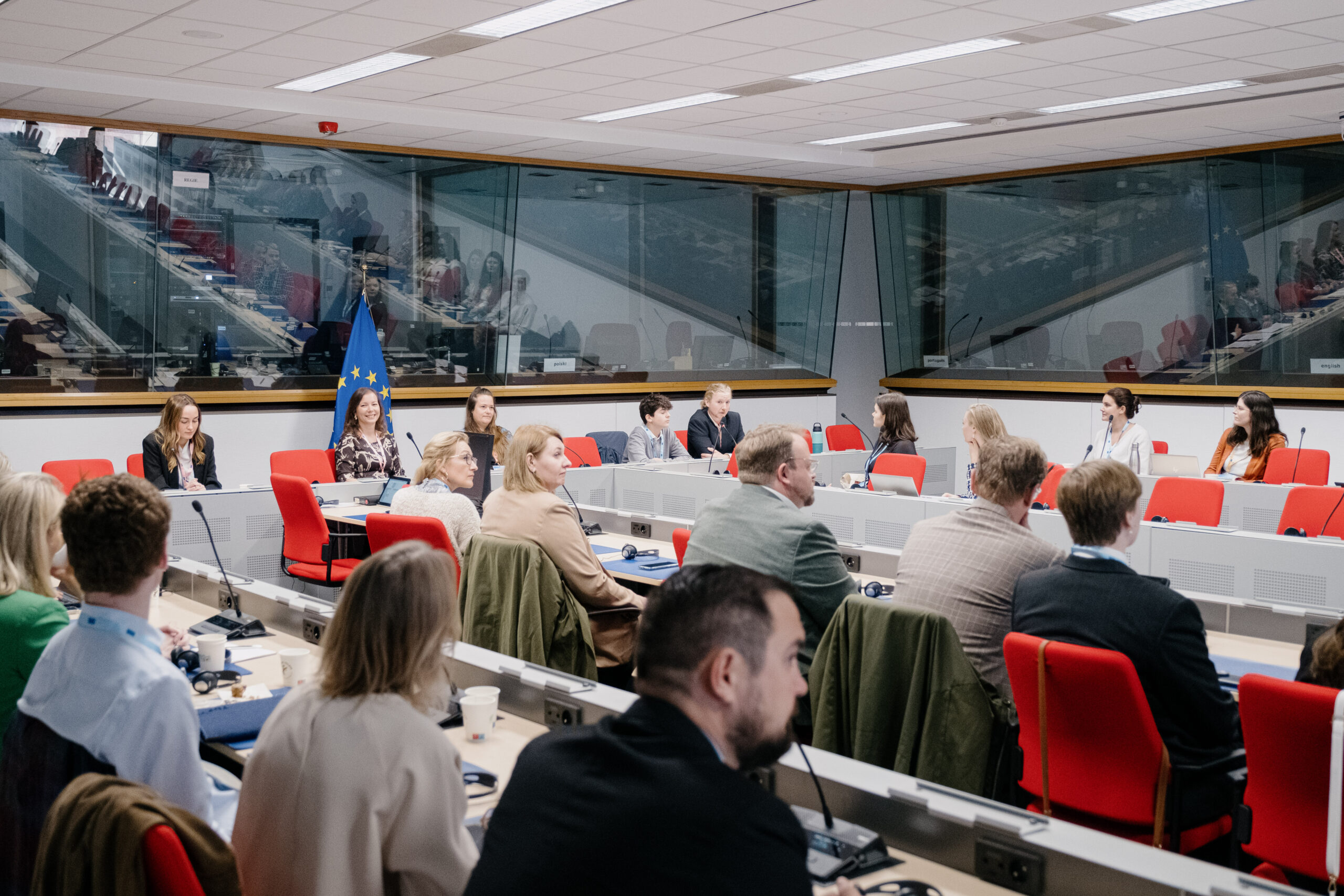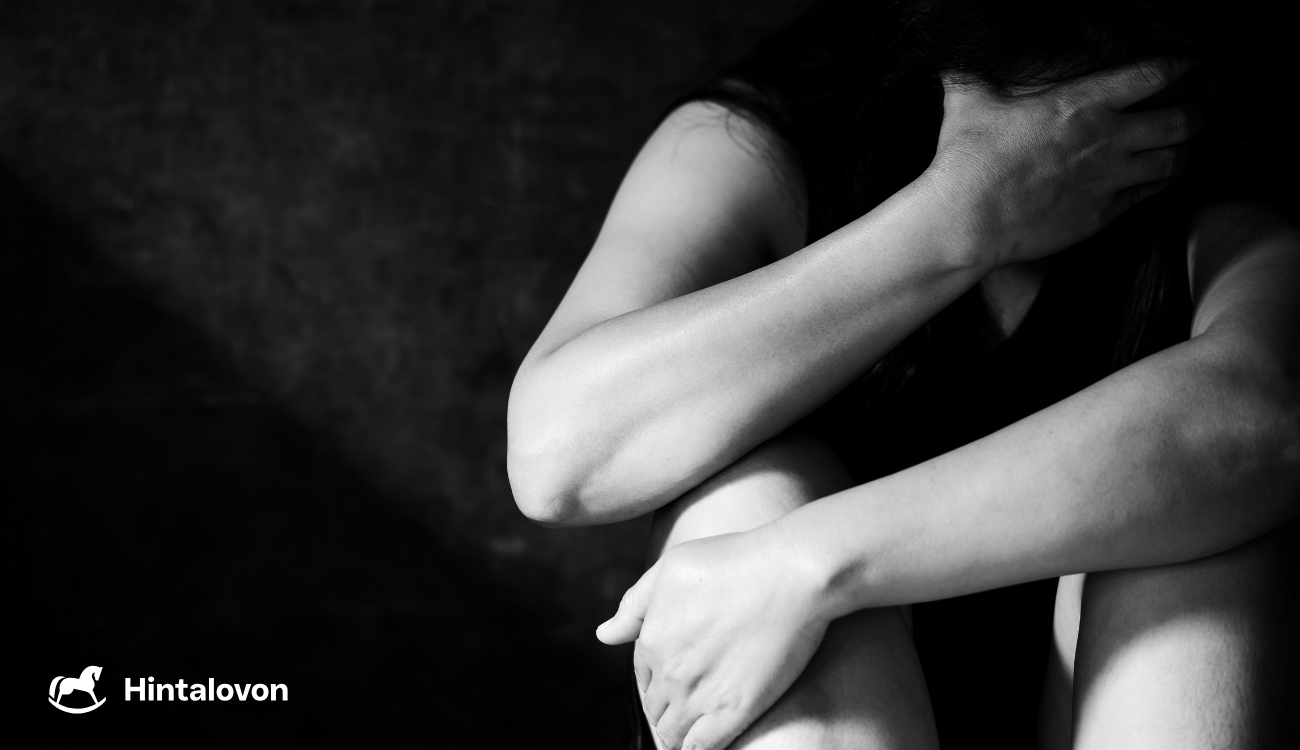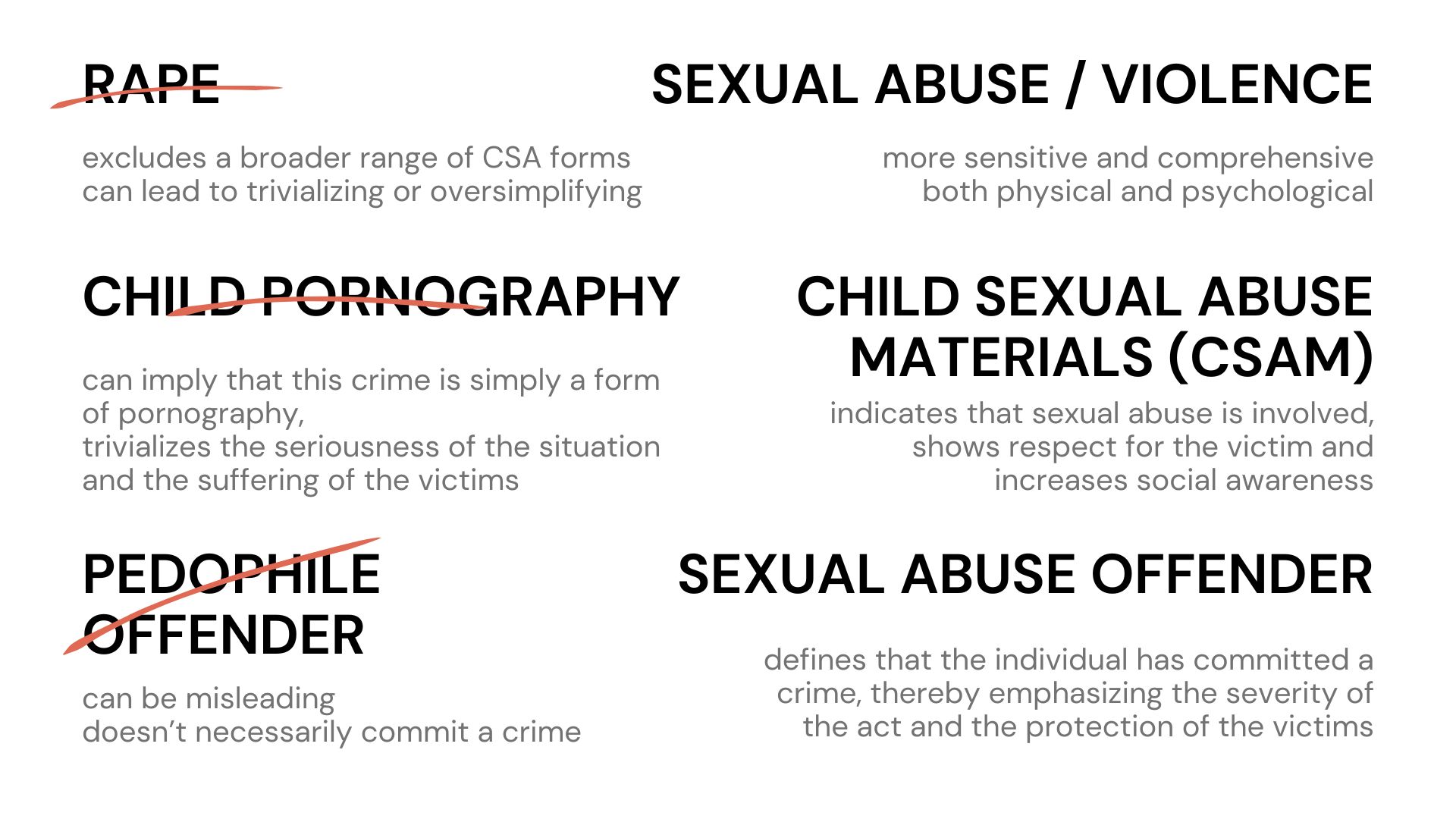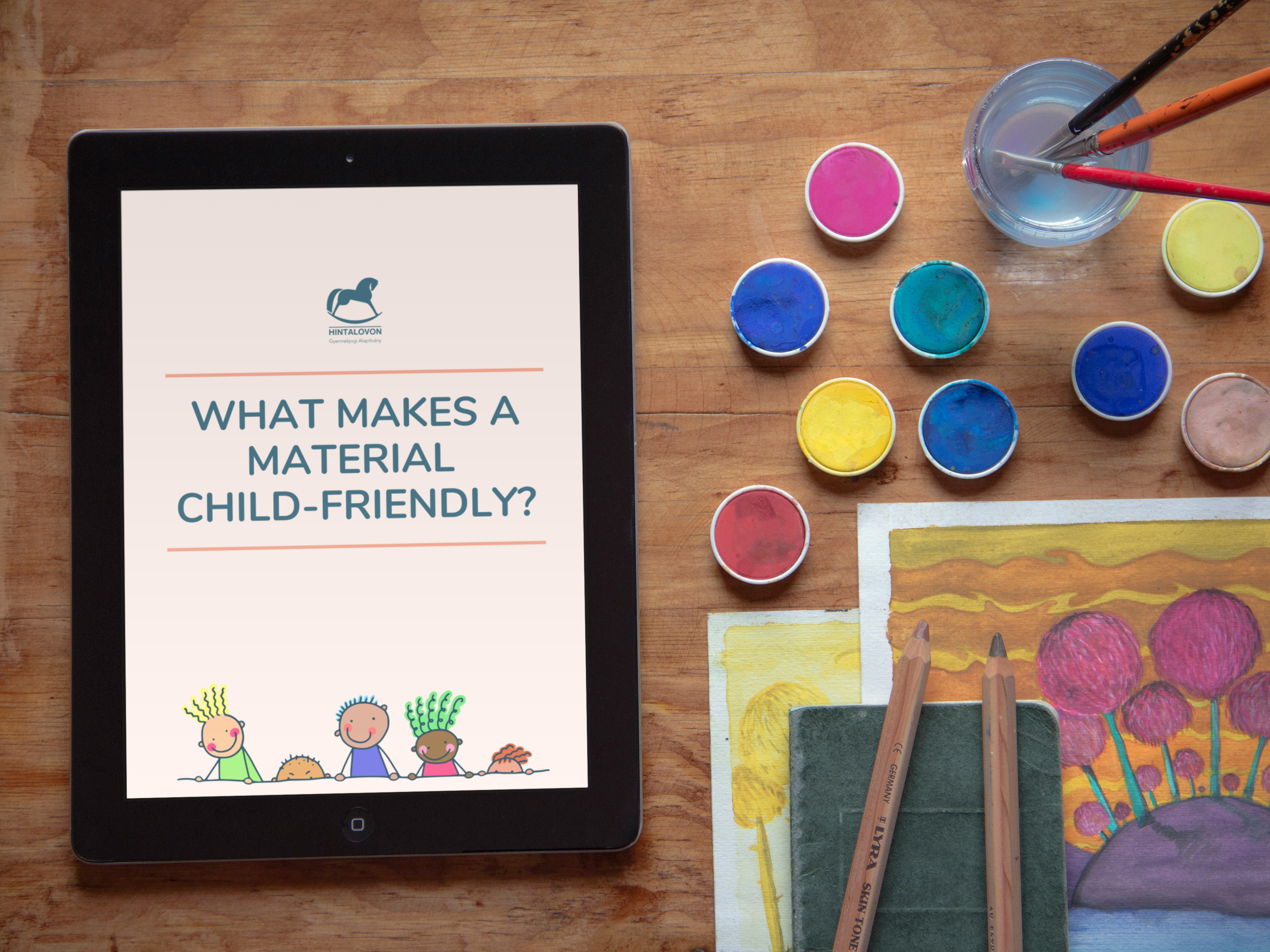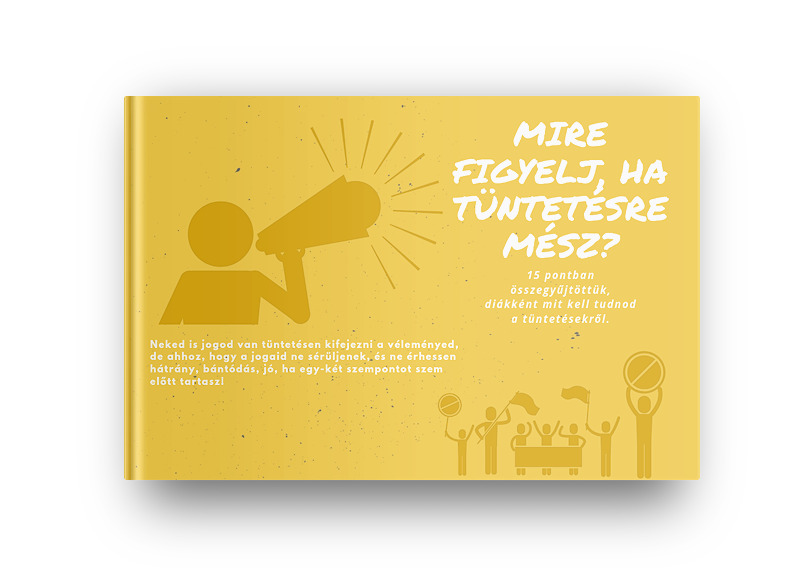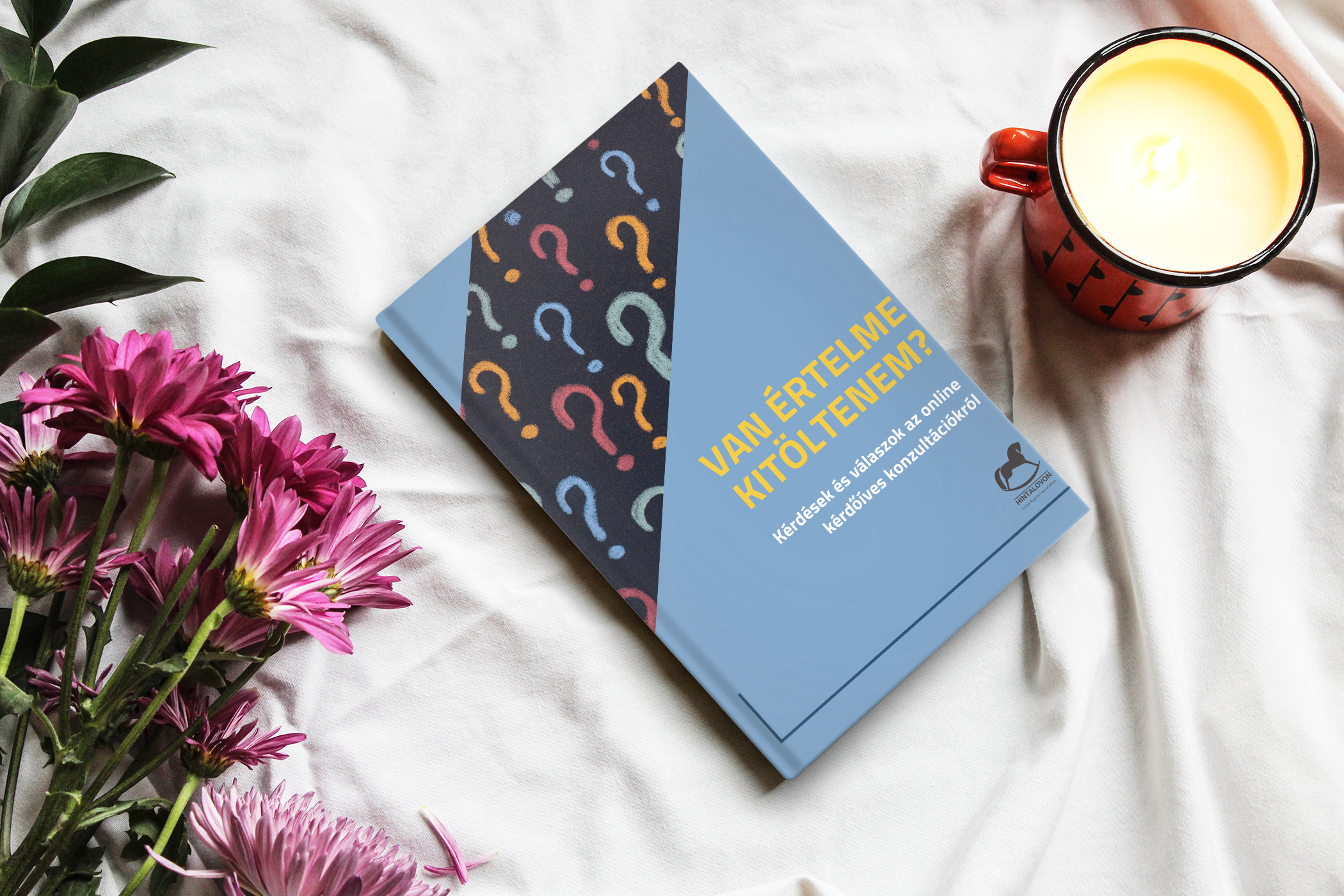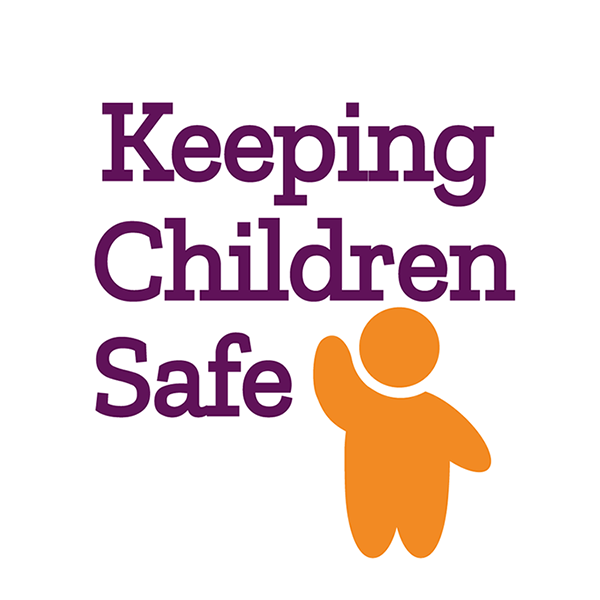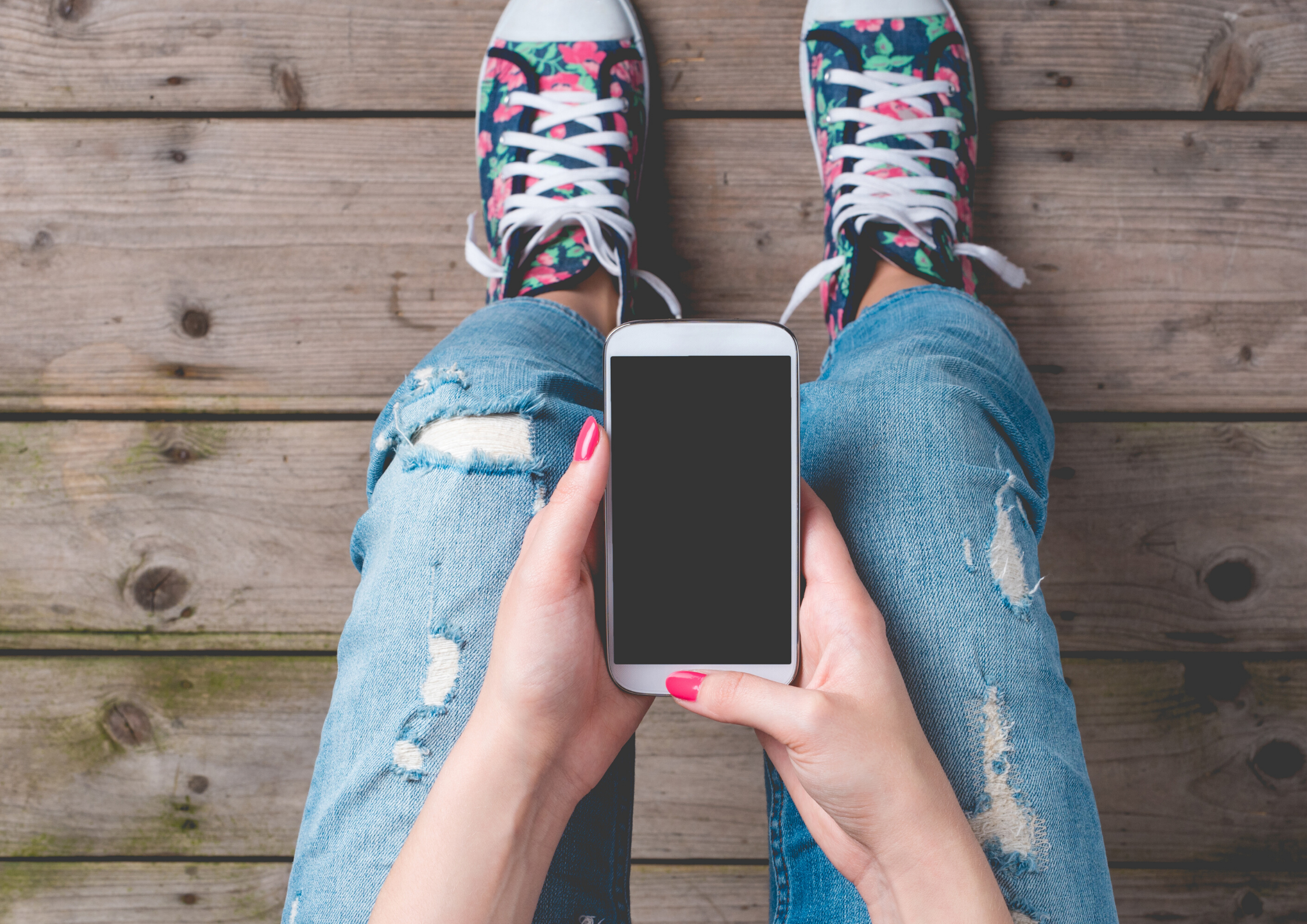Our youngest colleagues
In 2023, we work with a group of 13 Kid Colleagues, coming from various backgrounds, mainly but not only from Budapest and suburban areas. They are 13 to 17 years old. Usually, children join for an academic year, but many of them continue their work for more years.
Nothing about us without us!
How do we recruit and select Kid Colleagues?
Recruitment and selection principles of the Kid Colleagues are regulated by Hintalovon’s Child Safeguarding Policy. Children apply through an open call, advertised in social media and the foundation’s own network, and take part in a 3-step selection process, because they will be long term volunteers, and need to be able to fit in. Firstly, they fill in an application form, aiming to assess their attitude and motivation, then they participate in an interview and then in a two-day workshop. Later, they can join any projects voluntarily, with respect to inclusivity and relevance.
How do we work with children?
Our work with child volunteers is guided by the special Chapter of the Foundation’s Child Safeguarding Policy. It is based on the 9 principles of child participation as laid down in the UNCRC General Comment No 12. Colleagues of the Child Participation Program are responsible for their safe and meaningful participation.
Kid Colleagues learn about the Child Safeguarding Policy at times of their enrolment. The child-friendly version of the Policy is presented and they also have to pass an individual online training about it. Every half year, Kid Colleagues are asked to evaluate the program in an online form, which is followed by a group discussion, addressing its results and sharing their views in front of the group. The program is regularly under revision, taken into account children’s feedback.
Their work is supported by three volunteer mentors (Viktória Botos, Anna Glatz, Zsófia Sall), a coordinator (Lilla Buday-Palotay) and a program manager (Barbara Németh). Kid Colleagues are supported with regular training that is relevant to their tasks, usually about child rights, media representation, communication skills, debate, computer skills, team building, and cooperation.
Kid Colleagues take part in regular online and personal meetings. They attend project meetings in smaller groups (1 to 8) and have a team building and capacity building workshop every second week. On average, they participate in a meeting once a week, but some of their work is done individually. There is daily communication, working relation with them.
What do they do?
Kid Colleagues are involved in the development of child-friendly materials, online campaigns, they share their opinion in articles, give presentations, participate in researches and trainings. In 2018, the children participated in reporting on the Lanzarote Convention, and in 2019, the current team submitted Hungary’s first children’s report to the UN Committee on the Rights of the Child. The level of participation (consultation, collaboration, child-led) vary among the projects.
We have renamed the Child Rights Ambassadors team present in the Foundation’s work to Kid Colleague (KiCo) in January 2023.
In the 2021/2022 school year:
The team underwent a transformation in the autumn of 2021. Two of the participants have reached the age of 18, so they could not continue their work as ambassadors, therefore we had launched a new call for proposals in the autumn. The team was joined by 6 new members, and we have started our joint work with a total 10 members. In the early autumn, we could work in person, but from mid-autumn, we have moved back to the online space.
Major projects:
- Participation in research in the field of community child protection and in the preparation of the related campaign and action plan.
- Child Advisory Board within the framework of the NEMECSEK SPORT programme.
- Joint work with the adult colleagues of the NEMECSEK Programme, brainstorming about school topics.
- Participation in the reference group consultations organized by Eurochild regarding the creation of support material for children’s online work, thereby facilitating the organization’s work with the perspective of the children.
- Facilitating the creation of the Hungarian child-friendly version of the EU Strategy on the Rights of the Child with their opinion.
- Discussing the digital world in the Magenta Podcast.
- Familiarizing children with children’s rights, developing child-friendly materials and issuing opinions on such materials.
- Collaboration regarding the writing of articles and issuing opinions on such articles for the wmn.hu portal.
In the 2020/2021 school year:
In the autumn semester of the 2020/2021 school year, the Child Rights Ambassador team consisted of 11 members. We continued the spring semester with 6 members, because the others had reached the age of 18 and could not continue their work in the team. In this school year, due to the coronavirus pandemic, we mainly worked online, with a very limited number of personal meetings.
Major projects:
- The aim of the ChiLLS program is the support of child-centered legislation, especially the improvement of circumstances of hearing and interrogation of children, with special focus on highly vulnerable children (children who fell victim to abuse, violence, who do not speak the language of the proceedings, who live with disabilities etc.).
- The focus of the INCLUDE research is to map how professionals can support children, who are separated from one parent due to the other parent taking them to another country.
- Participation in the 13th European Forum on the Rights of the Child.
- Discussing digital parenting in the Magenta Podcast.
- As their own project, the Child Rights Ambassadors have created their first podcast, the Teenager Portal, in which they talk about how they believe adults should initiate conversation with teenagers.
- Participation in the conference supporting the research of the Faculty of Law of the Eötvös Loránd University.
- The children took part in interviews, presentations and school discussions (eg. Nők Lapja interview, Facebook live on online safety in the Gyerekliget Facebook group).
- Issuing opinions on and supporting the materials published on the YELON programme site, and naming topics that are relevant for the different age groups.
- Participation in the sessions of the EMMI [Working Group on Human Rights founded by the Hungarian Government in 2012] Task Force for Children’s Rights.
- Managing the Child Rights Ambassadors’ own Instagram account (@gyermekjogi_követek).
In the 2019/2020 school year:
In January, the team of the Child Rights Ambassadors was joined by 6 new members. They worked together with the colleagues of the Foundation in project groups, and met in person every two weeks. They were managing their Instagram page, and regularly published articles on yelon.hu. Reflecting on current topics, they helped us understand the situation of children; they supported the development of materials related to the pandemic. The Ambassadors worked with us in our InternetMOST research conducted jointly with Magyar Telekom, the aim of which was to obtain information on what children think about the Internet.
On 1 March, the page of the National Media and Telecommunication Authority (NMHH), Gyerekaneten.hu, was launched for parents; our Child Rights Ambassadors contributed to the development of the page by reviewing the created materials from children’s perspective, since information on children’s life is best known by the children themselves. The Ambassadors supported the development of the child-friendly materials of the ChiLLS program. They worked with us in the INCLUDE project so that we could get their opinion on what makes them feel safe.
With the participation of the Child Rights Ambassadors, for the first time in Hungary, a UN report was developed presenting solely the children’s opinion. They presented the research in Geneva, in front of the UN Committee on the Rights of the Child, in the EMMI, in professional forums, in the media and on Instagram. As advisors, they participated in the development of the child-friendly version of the Lanzarote Convention. They regularly participated as presenters in the Foundation’s trainings and programmes on online safety.
You can best take the children’s perspective into account if you ask and take their opinion.
In the 2018/2019 school year:
The reporting obligation pursuant to the UN Convention on the Rights of the Child was in the focus of the school year. The Child Rights Ambassadors were working in order that the professional committee could be aware of the children’s opinion beside the views of the government and the NGOs, and that Hungary’s first UN report developed with child participation could be prepared. In the campaign of ’What do you think?’ 5300 children shared their opinions with us, the slogan, creative content and messages of the campaign were created by our Child Rights Ambassadors.
In August, they launched their own Instagram profile, where as the representatives of child rights they can share their opinions on topics children are mostly interested in. They present that child rights are not abstract laws and affect not only those who break the laws. The Ambassadors strive to know and represent the opinions of other children.
In Autumn, they processed the child rights aspects of abuse in the framework of a debate theatre with secondary school classes. In Spring of 2019, our Child Rights Ambassadors participated in the international conference of Eurochild on child participation, then they travelled to Antwerp, for the two-day workshop of the ChiLLS Project on child-friendly justice.
In the 2017/2018 school year:
They attended biweekly 20, altogether 70, trainings or meetings on child rights. They participated in several professional roundtables, held school sessions on child rights, talked about child rights on several televison or radio channels and submitted a report to the Lanzarote Committee of the Council of Europe on what they think about sexting and the role of schools – the Committee monitoring the implementation of Lanzarote Convention works on the protection of children against sexual exploitation and sexual abuse. Before the parlamentary elections held in 2018, they took part in the preparation work of the first Child Rights 1×1, which was written for organisers of political campaigns and politicians, and also in the preparation work of information materials for the online game ’Storylab’, which was about the rights of children getting in touch with authorities.
